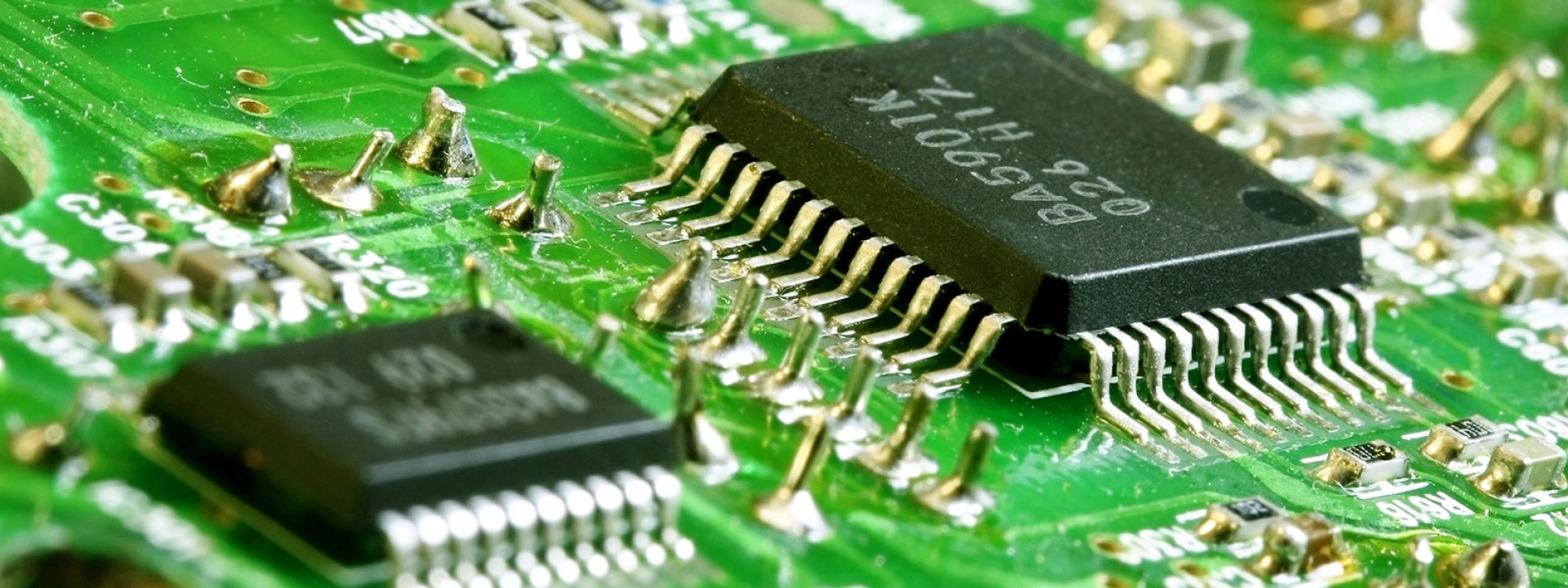News & Events
As visitors return to Taipei's exhibition halls for the semiconductor industry's annual event, Semicon Taiwan 2022, browsing as usual through the hundreds of exhibitors specialized in areas from material to software, it is hard to notice the underlying changes unfolding across the global chip industry at the first glance. Nevertheless, the COVID-19 pandemic lingers on, the US-China technology war intensifies, all the while real guns are fired 8,000 kilometers away in Ukraine. Taiwan's semiconductor industry, where geopolitical fault lines meet, is certainly feeling the seismic waves unleashed by global supply chain disruptions, rising inflation, mounting sanctions and an emerging structural change marked by a paradoxical mix of overabundance and shortage.
Against this backdrop, regionalization and autonomy have become the bywords for resilience and security. Meanwhile, Taiwan's outsized semiconductor industry and electronics supply chains have made it a highly coveted partner as countries seek to build domestic semiconductor ecosystem. It perhaps explains the growing presence of Indian, European and Japanese semiconductor players at Semicon Taiwan 2022.
For small but up-and-coming startups, Taiwan's world-leading semiconductor ecosystem presents an opportunity to grow. Speaking to DIGITIMES Asia, a representative of a Dutch startup offering cleanliness solutions for chip manufacturing process remarked that many startups in the semiconductor upstream - a segment dominated by the US, Europe and Japan - find it hard to grow without being acquired by incumbent industry leaders armed with vast capital, and Taiwan presents an opportunity to grow autonomously, especially if one targets niche, mid-tier markets. Indeed, M&A activities reached record high in 2021, especially when they underpinned the efforts in some European countries to create "national champions" against their subsidized competitors in China.
Meanwhile, shortage of semiconductor-related talent, a growing problem faced by Taiwan's chip industry, also presents an opportunity. HCL Technologies, an India-based consulting and IT services company that is also one of the country's top 20 publicly traded companies, recognizes the chance to fill the talent gap by leveraging India's vast IC design talent pool.
After a series of acquisitions, HCL has been accelerating its entrance into the semiconductor industry and is now looking to broaden its presence in the Taiwanese market. Even though Taiwan has some of the world's most competent IC design houses like MediaTek and Novatek, HCL is not in competition with them. Terry Tai, HCL Technologies' country manager in Taiwan, told DIGITIMES Asia that large chip design houses often outsource the less confidential segments of IC design procedure to HCL, while the Indian company also focuses on small-volume ASICs for niche applications - an area that is often unprofitable for chip design houses focusing on the mass market. As Taiwan's new EV ambition drives more electronics companies into the automobile chip sector, Tai sees more cooperation opportunities with them. Most important of all, as the supply chain gradually shifts to India, HCL can also navigate Taiwanese companies through the intricate network of regulations and incentive policies unique to each Indian state.
For global semiconductor companies, however, Taiwan's world-class chip manufacturing prowess is ultimately what draws them to Semicon, and none can be more representative of this core strength than TSMC. As the world's largest and most advanced foundry, TSMC has become the holy grail of every country eager to establish chip autonomy, and incentivizing foundries like TSMC to set up local production capacity has become a cornerstone of semiconductor industrial policies worldwide. Central to the EU and German efforts to invite TSMC is Silicon Saxony, an association representing the IT hub in the German state of Saxony – the largest in Europe, and the 5th largest in the world. As Germany's answer to Silicon Valley, Silicon Saxony is one of Semicon Taiwan 2022's most eye-catching participants as it seeks to deepen ties with Taiwan's chip industry to bolster its ecosystem.
Leading chip manufacturers like GlobalFoundries (GF), Infineon and Bosch are already anchored in Saxony, concentrated around the state capital Dresden, partly thanks to the pre-existing semiconductor R&D foundation laid by the former East Germany in the region, in addition to the federal subsidies aiming to re-industrialize Saxony after German reunification. While GF (then AMD) leveraged the skilled workforce there, Bosch completed the ecosystem there with more workforce, supply chain, and relevant educational institutes such as TU Dresden, according to Frank Bosenberg, managing director at Silicon Saxony, in a conversation with DIGITIMES Asia. State aid enabled by the EU's IPCEI (Important Project of Common European Interest) also facilitates the process, he said.
Asked by DIGITIMES Asia about the German auto industry's role in Silicon Saxony, Bosenberg indicated that while half of Silicon Saxony members are indeed connected to the automobile sector, it is not 100% dependent on the sector. He also pointed out that apart from leading edge process nodes, power electronics and sensors also drive the region's demand for mature nodes. So far, however, Asian companies, including those from Taiwan, have no manufacturing sites in Saxony. "Due to the huge importance of Taiwan's domestic market, Taiwanese suppliers don't look at Germany in the first place," observed Bosenberg. "However, there is some interest that we saw during Semicon 2022, which we deeply appreciate."
By DIGITIMES






